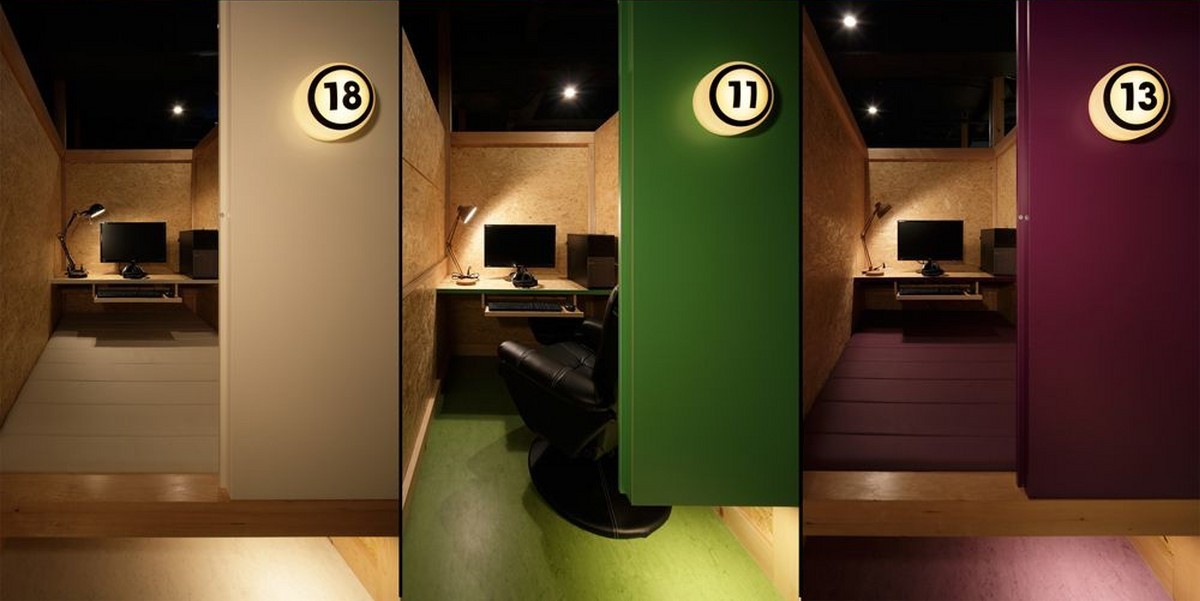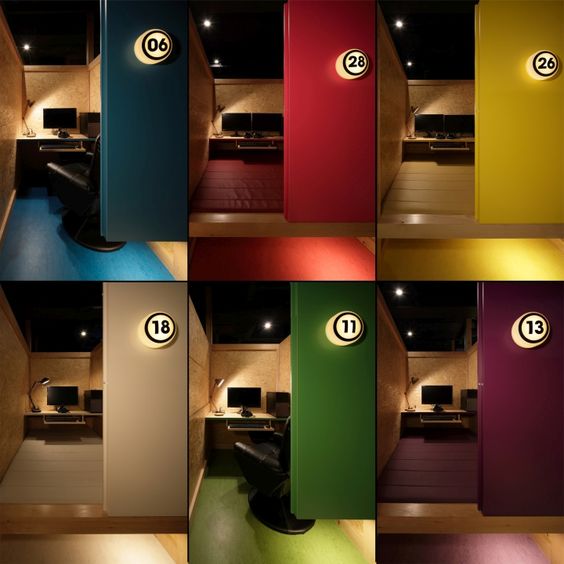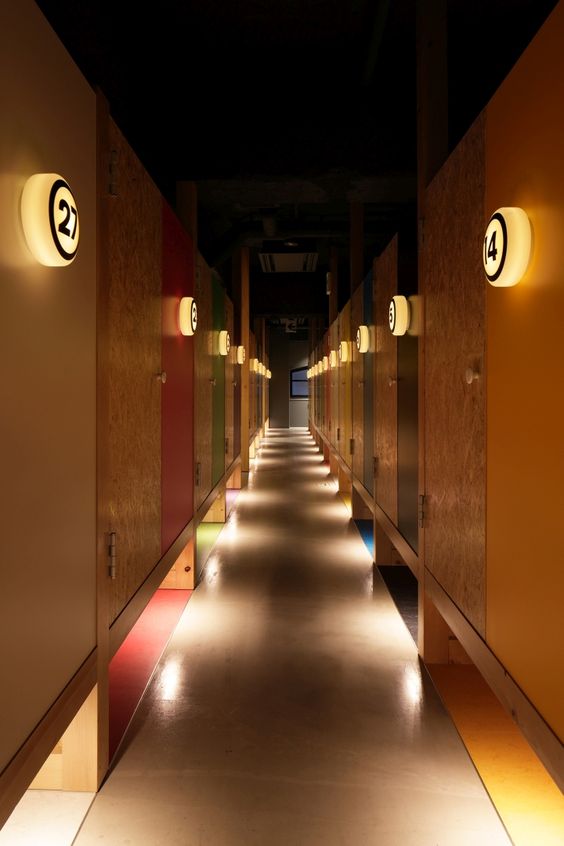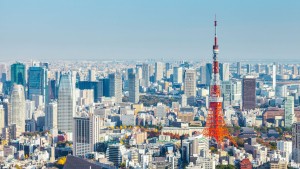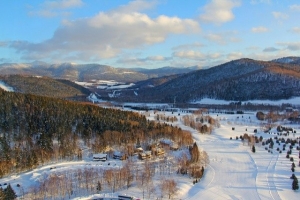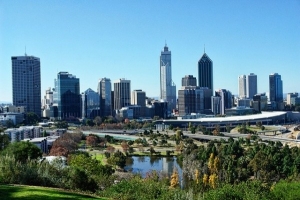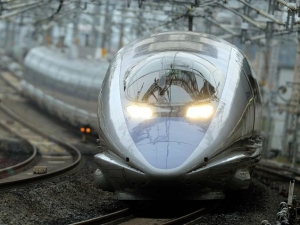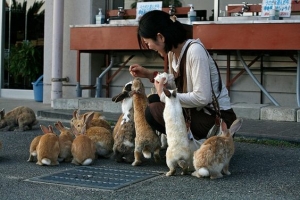No place might epitomize present-day life in Japan better than the interior of a 24-hour net cafe. Enter through the automatic doors to a luminescent lobby of computers, couches, coffee machines, and signs with prices for a day or night packages, electronic devices, and popular snacks.
Everything is mainly quiet, save for the creaking of the computers or the pages of a magazine being leafed through gently by one of the visitors. Out of sight are dozens of cubicles where some people may be dozing, watching anime, or doing work.
Welcome to a 24-hour net cafe, where most of the visitors are nomads without any true place to go after the glowing streets and neon signs are shut off and everyone else scurries for the last train.
Manga kissa could easily be your temporary home
In Japan, net cafes, also called internet cafes or manga kissa (derived from manga kissaten, the Japanese word for cafe shops), have been around for more than a decade.
Throughout the years, these stores have extended their hours, increased the functionality of the computer hardware, added to the benefits, and recently incorporated showers and other “homey” touches to the list of amenities. Should you enroll as a member, you often get access to discounted food and a free drink bar, too.
With all this for a low price, you can understand how displaced and homeless workers often use these places as overnight rest stops to do their remote work, watch TV, get some shut-eye, food, and a shower. Thus, net cafe nomads came into existence; and the trend just keeps growing.
No worries about money
Just how low is this price, you ask? Based on my experiences throughout Japan, where I have stayed for as long as 12 hours in one place and only paid 2050 yen, I would say pretty cheap. Compare that to hostels or hotels, which can range from 5000-20,000 yen a night depending on what you want included, and the appeal of staying at a net cafe overnight increases.
Most places offer “night packages” and “flat rooms” made for those who intend to sleep. These rates are about 15% less than the “day packs,” where 8 hours can be around 2500 yen (although this varies by location and popularity of the chain.)
To use the shower, you usually pay 150-300 yen for a 30-minute rinse with towels and shampoo included. This is cheaper than the standard 400 yen for a public bath, where you have to rent the towel. So for those who seek the true backpacker experience, net cafes offer a budget-friendly option and something I think of as a cultural experience.
More: 10 Amazingly Romantic Attractions in Tokyo
Wander freely
The Japanese work odd hours, sometimes missing the last train, or they lose their apartment due to the high cost of living, and so they find themselves returning to the same handful of net cafes. When you know there is someplace warm, with blankets, a toothbrush, food, and drink waiting for you, overtime is a bit more manageable.
When staying at a net cafe, you see a different side to the Japanese culture that you do not see when wandering exciting Shinjuku then returning to a hotel to rest. You see the tired, the weary, the homeless, and the roamers. I am not saying that is a bad thing either.
Experiencing different facets of culture is what makes traveling throughout a region complete if you ask me. So if you find yourself without accommodations or want to experience a staying at a manga cafe, do not underestimate the comforts of those open for 24-hours.
The downside is that net cafes do not exist everywhere throughout Japan. Some more residential areas of Tokyo don’t even have them. When I traveled to a more rural region and made the mistake of not booking a hotel before, I was stuck without anywhere to stay.
Unforgettable experiences
The first time I stayed at a net cafe, I did not know what to expect. I had seen some in Japanese dramas looking like run down bookstores with an excess of couches or shared workspace. But I had heard from a friend that net cafes were the way to go if I was ever unfortunate enough to miss the last train around a major station.
Rolling into the reception area, I was greeted by a wary looking man. His concern about dealing with a foreigner was almost audible. Thankfully, he relaxed a bit when I spoke to him in Japanese, signed up for the free membership card without issue, and selected my room in the non-smoking section.
I immediately went to my room. Resting on the chair was a pair of slippers, a fluffy robe, and a microfiber blanket. An extensive food menu was resting on the keyboard, and there were instructions on the various functions of my cubicle and the computer in several languages pasted to the walls.
More: Why Riding a Shinkansen in Japan Is So Worth It
After switching from my sneakers to the slippers, I made my way over the cafeteria to see the impressive drink bar. For a time, I walked the aisles of mint-condition manga, then returned to the computer screen to surf the web. Ensconced in the thick robe, I eventually fell asleep. This is usually how my stays go.
The sole negative experience was when the person in the room next to mine had a penchant for talking to himself. He also banged on the desk quite often.
But that’s to be expected at a place where people either go to sleep, get a shower, or play computer games. So everyone comes and goes with the ticking of the hours, content just to get a moment of peace before heading out in the drowsy alleys of the city.
Almost all net cafes in Japan are open 24/7, regardless of the day of the week or holidays. They are available to anyone. Such cafes offer everything you need to connect to the Internet. Thanks to their low price, they are also an option when you miss the last train or can’t find a hotel room. Regardless of your situation, staying at an Internet cafe will likely help.

